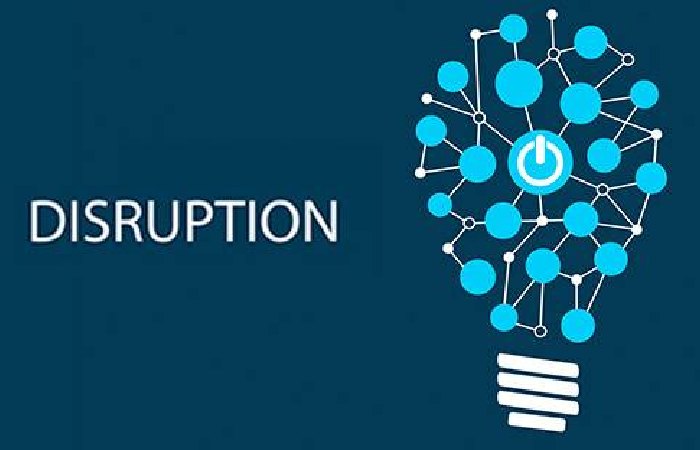Biggest Challenges Businesses Face Today – In today’s rapidly changing business landscape, companies face numerous challenges that can significantly impact their success and sustainability. From technological advancements to evolving consumer behavior, businesses must navigate a complex environment to stay competitive.
In this article, we will explore some of the biggest challenges that businesses face today.
1. Technological Disruption:

One of the most significant challenges for businesses is keeping up with technological advancements. The rapid pace of innovation creates both opportunities and threats. Companies must adopt emerging technologies to enhance their operations, improve efficiency, and deliver better products or services. However, integrating new technologies requires investments in infrastructure, employee training, and cybersecurity, posing challenges for smaller organizations with limited resources.
2. Digital Transformation:
Digital transformation refers to integrating digital technologies into all business areas, fundamentally changing how it operates and delivers value to customers. Many companies struggle with this transformation due to legacy systems, resistance to change, and a lack of digital skills. The shift to digital requires rethinking business models, customer engagement strategies, and internal processes. Organizations that fail to adapt may face obsolescence and lose market share.
3. Data Privacy and Security:
As businesses increasingly rely on data to drive decision-making and improve customer experiences, data privacy, and security become paramount. Organizations face the challenge of protecting sensitive customer information from data breaches, cyber-attacks, and regulatory non-compliance. Implementing robust cybersecurity measures, encryption, and privacy policies is crucial. Additionally, businesses must navigate evolving data protection regulations, such as the European Union’s General Data Protection Regulation (GDPR) and similar laws worldwide.
4. Changing Consumer Behavior:
Consumer behavior continually evolves, influenced by new technologies, social media, and shifting demographics. Today’s consumers expect personalized experiences, seamless omnichannel interactions, and ethical business practices. Meeting these expectations requires a deep understanding and analysis of consumer data, agile marketing strategies, and a customer-centric approach. Businesses that fail to adapt to changing consumer behavior risk losing relevance and market share.
5. Talent Management and Skills Gap:
Attracting and retaining top talent remains a persistent challenge for businesses. The skills required in today’s digital economy are rapidly evolving, and organizations must continuously upskill their workforce. Additionally, there is a growing demand for specialized skills such as data analysis, artificial intelligence, and cybersecurity. However, there is often a shortage of individuals with these skills, leading to a talent gap. Companies must invest in training programs, offer competitive compensation packages, and create a supportive work culture to attract and retain skilled employees.
6. Economic Uncertainty:
Economic volatility, geopolitical tensions, and regulatory changes challenge businesses worldwide. Uncertainty in the global market can affect consumer spending, supply chain disruptions, and currency fluctuations. Companies must be agile and adaptable to navigate these challenges. Developing contingency plans, diversifying revenue streams, and also conducting thorough risk assessments are essential strategies to mitigate the impact of economic uncertainty.
7. Sustainability and Corporate Social Responsibility:
In an era of heightened environmental and social consciousness, businesses face increasing pressure to prioritize sustainability and also corporate social responsibility (CSR). Consumers and investors expect companies to operate ethically, reduce their environmental footprint, and contribute positively to society. Implementing sustainable practices, reducing carbon emissions, and supporting social causes are ethical imperatives and critical factors in brand reputation and customer loyalty.
8. Global Competition:
The globalization of markets has intensified competition for businesses. Companies now face competitors worldwide, including emerging markets with lower labor costs. Organizations must differentiate their products or services to remain competitive, focus on innovation, and optimize operations. Expanding into new markets, building strategic partnerships, and also leveraging digital platforms are strategies to thrive in a globally competitive landscape.
Conclusion
The biggest challenges businesses face today include rapidly evolving technology, increasing competition, changing consumer preferences, and the need for agility and innovation. Successfully navigating these challenges requires adaptability, strategic planning, and also a customer-centric approach to stay ahead in today’s dynamic and unpredictable business landscape




GIPHY App Key not set. Please check settings